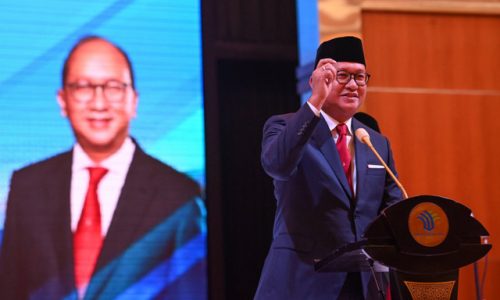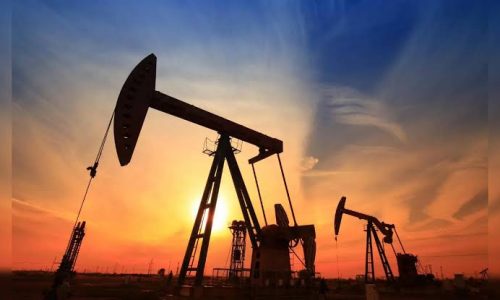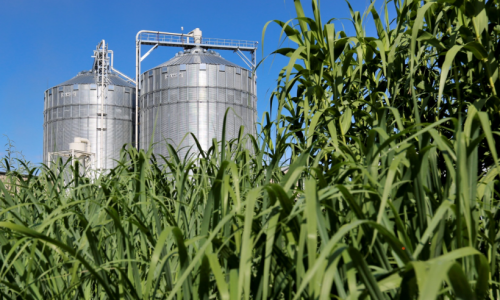President Jokowi said that it was time to move the capital because most of Indonesia’s population resides in Java. The construction of the new capital, Nusantara, would encourage economic growth outside the island. Jokowi also said many countries were interested in investing in the project, including the United Arab Emirates, Japan, and Saudi Arabia.
Indonesia has proposed to parliament to allocate IDR 20.8 trillion(US$1.41 billion) to build basic infrastructure at a planned location for its new capital city on Borneo island, Public Works Minister Basuki Hadimuljono said on Tuesday. The allocation for new capital projects this year is IDR 5.4 trillion, he told a news conference, adding that the government plans to spend a total of IDR 43 trillion on projects from 2022 to 2024.
President Jokowi on Tuesday called to ensure continuity in the construction of Nusantara capital city in East Kalimantan. Jokowi said the new capital city will not solely be an ordinary city but a jungle city, with a world-class education and health services. Indonesia celebrated its first Independence Day on Wednesday in its future capital in the ancient rainforest of East Borneo, but the country plans to move away from Jakarta, where the country is slowly sinking and traffic has subsided.
The government is preparing to launch an infrastructure project to open the doors to the city, which will cover about 56,180 hectares on Borneo until President Jokowi leaves office in 2024.
“The main point is to take the spirit of the 77th Independence Day to strengthen our resolve and spirit to build the new capital,” said State Capital Authority Chair Bambang Susantono, who will govern the new city.
Bustaman al Rauf in Aceh province said there are many challenges to building a new capital city in Penajam Paser Utara, East Kalimantan provinces such as the lack of cash money because until now Indonesia’s government effort to get foreign investors just result in “portfolio or wait and see progress”.
“Besides that, global economy uncertainty, the possibility of global economic stagflation, more prices hikes especially food, natural resources mainly oil and gas, and the war between Russia and Ukraine, food crisis, energy crisis, and financial crisis, which affect the country,” said a national economic observer who lives in Pidie Jaya, Aceh.








